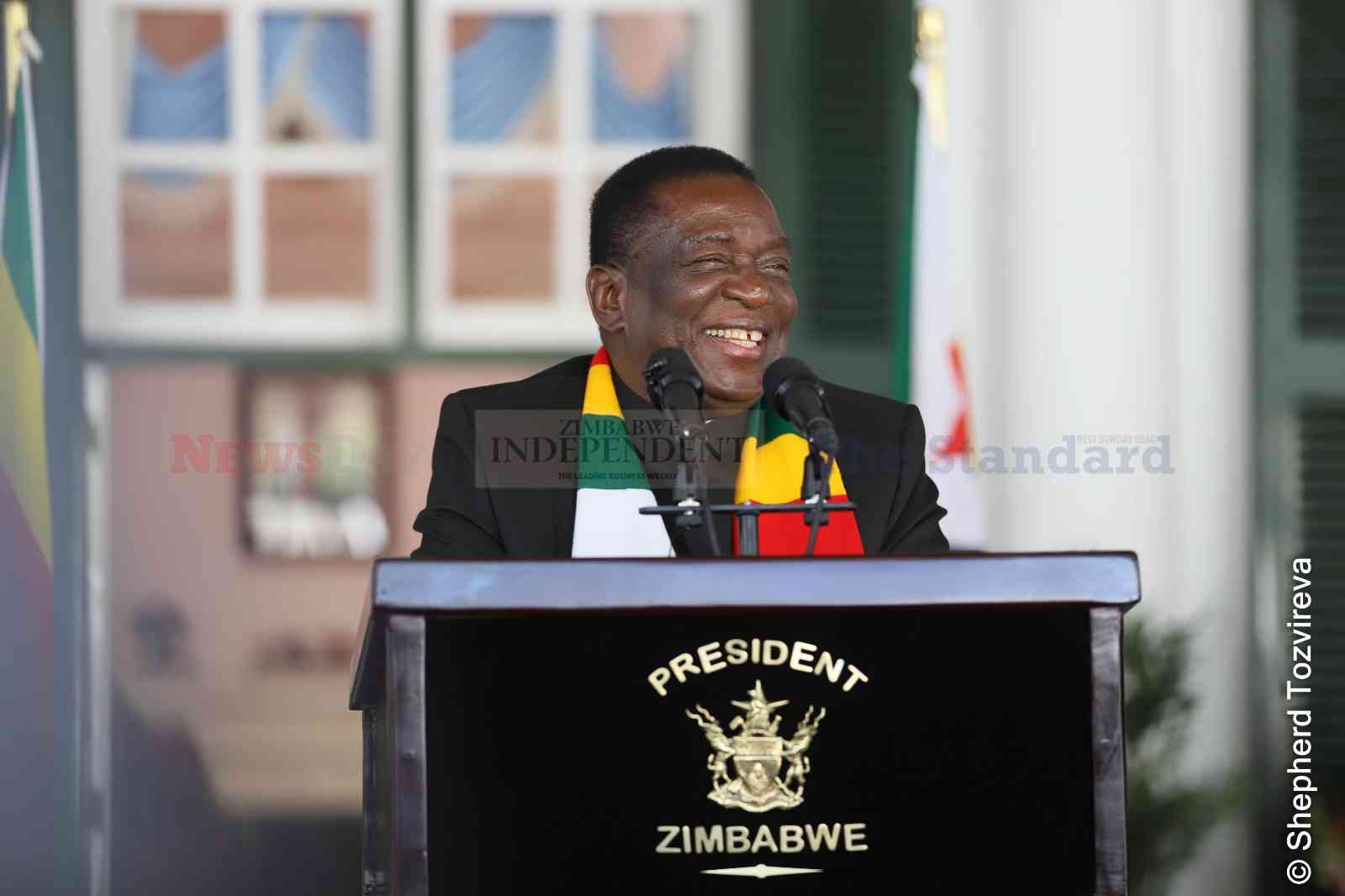
What a historic week we had in what seemed to be a coup the past week. Political change was and may still be knocking on our door at last. It was a moment replete with everything; drama, twists and turns, suspense and surprise.
By Tapiwa Gomo
And indeed everyone became news breakers thanks to the power of social media. From pornsters to photographers, preachers to twitters, real news-makers and fake news-makers. Social media became an ocean of all sorts of mainly unfounded speculative analysis.
The truth of the matter is that very few knew what was happening due to lack of proper and coordinated communication strategy by those who are behind what seemed to be a coup.
Save for the repeats of broadcasts on national television, there was a huge information gap which created openings for opportunists and fake news-makers.
Even as I write this piece, there is still no clarity on whether what happened was a coup or not. What is certain is that the military intervention has generated a new impetus for change but the coup failed. Nonetheless, retrospective analysis can be of use seeing that the situation has gravitated from being a potential coup, civilian marches to political negotiations.
President Robert Mugabe has long passed his shelf life. That has been the opposition’s massage for nearly two decades. But he remained in power because of the same people attempting to remove him today. They told him, he was bigger than Zimbabwe.
Despite our hunger for change, a coup is not how we envisage change to be delivered.
- Chamisa under fire over US$120K donation
- Mavhunga puts DeMbare into Chibuku quarterfinals
- Pension funds bet on Cabora Bassa oilfields
- Councils defy govt fire tender directive
Keep Reading
But again how else can change happen seeing that the ruling Zanu PF party had mastered the art of manipulating elections.
Elections have become a regular ritual where the ruling party secures its legitimacy and no longer about choices and the expression of people’s will.
When indeed the army made an intervention on what is supposed to be an internal Zanu PF issue, it was met with huge celebrations even though the outcome of such will most likely create another monstrous situation of equal proportion to that we find ourselves in.
It was like the devil’s angels rescuing the world from the devil itself. The excitement was understandable. We have reached a point where we do not care anymore how that change is delivered.
By the time of writing this piece, there are mixed feelings but there is also a gradual acceptance among some Zimbabweans that change may not be coming as soon as anticipated because the plot of story is diverting from the gun to the negotiation table.
This is not the direction the situation should have gone had there been a proper plan before launching the military intervention.
For a nation starved of change and development, it is understandable that heartbreaks are beginning to creep in. One of our biggest undoing as Zimbabweans, is our inability to step outside our biases. We invest our emotions in inconclusive processes, sometimes to the extent of creating non-existent victories. We count the chicks before they are hatched as if we are not aware of the monster we are dealing with.
So did it all go wrong? This is a tough question unless one has a good grasp of the army’s motives. As they mentioned in their broadcast, they wanted to deal with “criminals” around the President and one wonders if they needed all the tankers and military presence for just that dozen of people.
If indeed a coup was their goal, they would have done it without considering negotiations mid-way before accomplishing that goal. As the MDC would advise them, negotiating with Mugabe is not an easy task. Last week, for instance, President showed that he was not an easy push over.
Even without his army, access to the outside world, State media, propagandist, legal team and wife for moral support, he has stood his ground against men holding guns where others would have messed up their pants.
He has both substance and tact to handle negotiations so pursuing the negotiation route before accomplishing their goal of a coup would delay the process and indeed it bought him time to regroup.
But then, it is understandable as our army is an amateur as far as opposition politics with Mugabe is concerned. They only started opposing him just a week ago.
They lack the experience and consulting experienced opposition leaders would have helped.
We also learnt later in the week that constitutional and legal issues blocked the process, again giving Mugabe more time to regroup and re-strategise.
Two key questions arise from this scenario. Why did the army allow constitutional issues to delay the process when they were already treading on an illegality, in breach of the Constitution and breaking laws?
The second question is; did they not anticipate these glitches? If so, why did they not consult plenty available brains? The army knew that there was no way this was going to evade the prying eyes of the regional bodies such as Sadc, African Union and international community at large.
One wonders why they did not find it useful to deploy a team to influence discussion at the Sadc meeting in Botswana.
Their intervention is not going to be stopped by social media posts but a better understanding of the situation.
It also raises a big stink that the army found it pertinent to root for an individual in the form of Emmerson Mnangagwa instead of pushing for the best interest of the country.
The ideal situation would have been to remove the feuding parties and replace them with an interim arrangement made up of neutral faces before calling for elections.
Citizens will support them on anything that helps to remove Mugabe from power. But they do so with apprehension that the replacement and its agents are complicity to the pain the nation has endured for nearly four decades.











